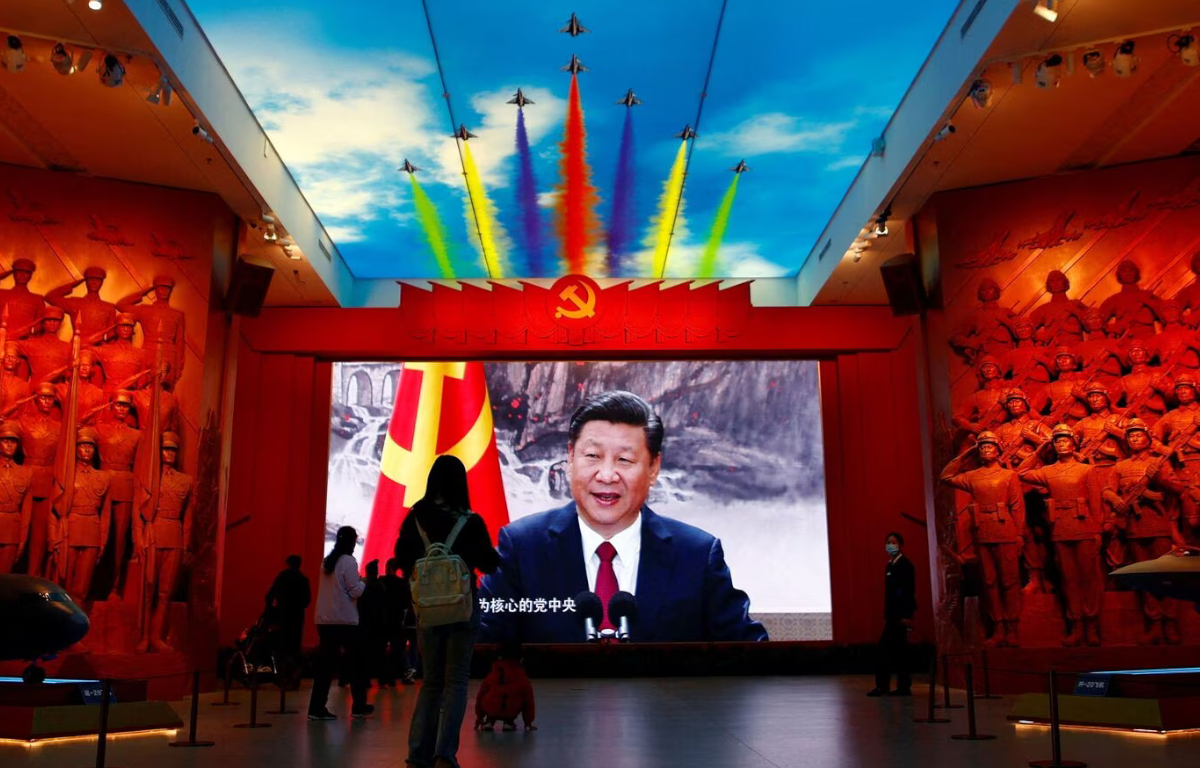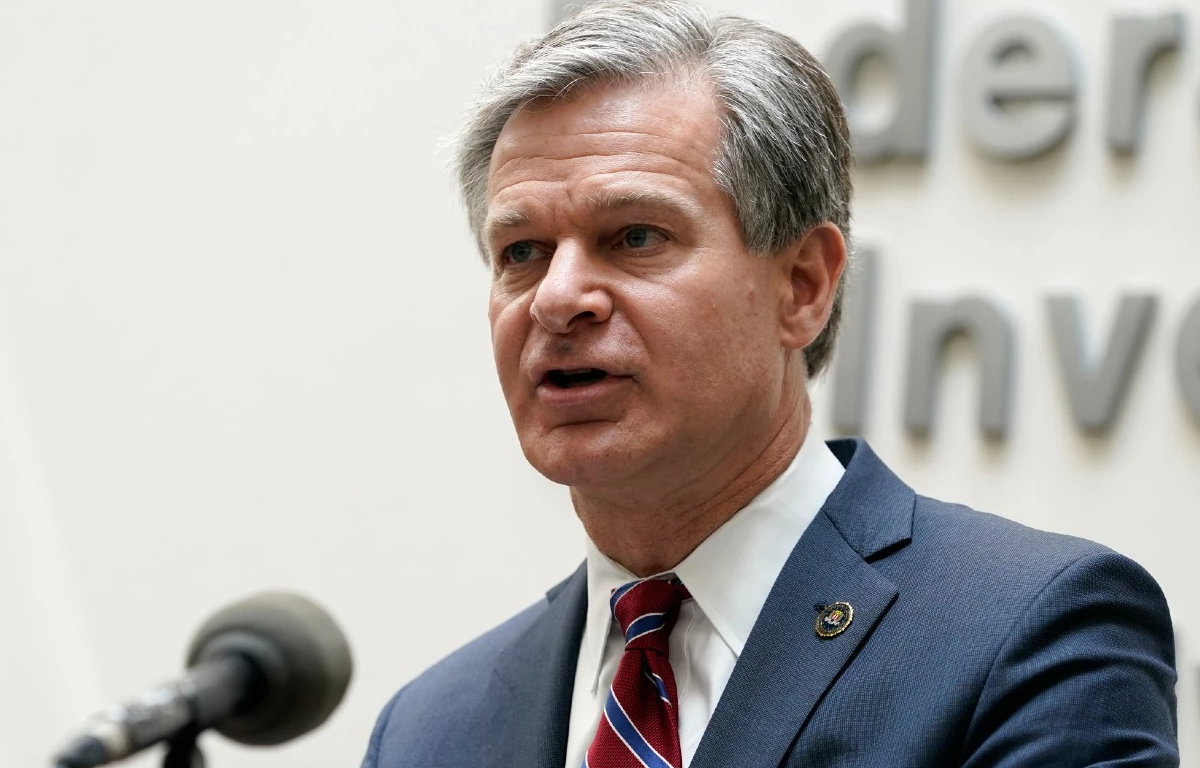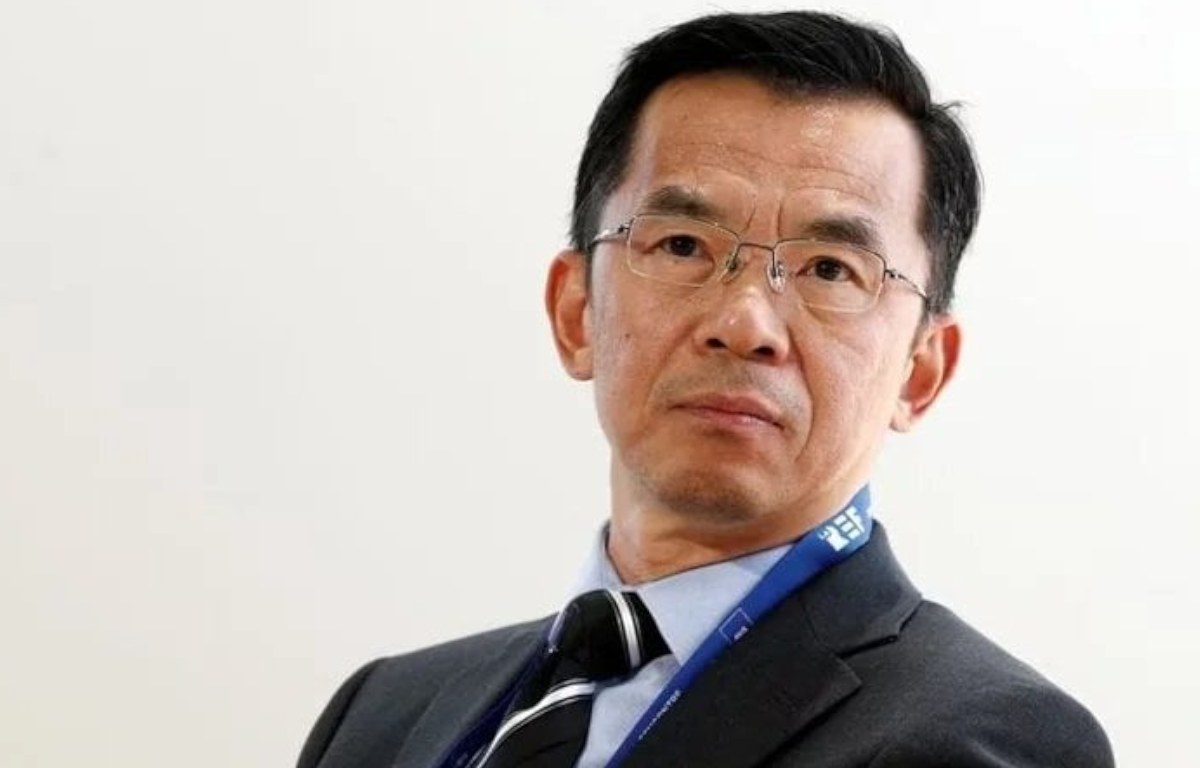
Javier Milei’s striking choice of words—referring to China as an ‘assassin’—has ignited controversy and curiosity alike. This terminology highlights his concern over China’s economic practices, which, according to him, might undermine Argentina’s sovereignty and domestic industries. While his rhetoric might be charged, it underscores the growing apprehensions about China’s increasing global economic influence. Critics argue that China’s debt-trap diplomacy and market dominance could compromise the autonomy of nations that rely heavily on Chinese investments.
Mercosur, the South American trade bloc founded in 1991, has been a cornerstone of Argentina’s economic diplomacy. The bloc, comprising Argentina, Brazil, Paraguay, and Uruguay, facilitates regional trade agreements, providing member nations with a unified voice in international negotiations. Milei’s suggestion to exit Mercosur resonates with his pro-market stance, advocating for more autonomous economic policies. However, the decision to leave such a bloc is intricate, involving careful consideration of economic repercussions, trade dynamics, and geopolitical alliances.
Exiting Mercosur would grant Argentina greater autonomy over its trade policies. This could enable the nation to strike individual agreements with international partners, potentially leading to economic diversification and increased market access. However, it also comes with risks. The close economic ties within Mercosur have created a web of interdependence. Severing these ties abruptly could disrupt established trade flows and impact various industries. Moreover, potential diplomatic repercussions might arise from exiting a regional bloc that has long-term relationships with neighboring countries.
Beyond economics, Milei’s proposal also touches on Argentina’s geopolitical positioning. Exiting Mercosur and potentially distancing from China could reshape the nation’s alliances. It’s essential to carefully gauge the geopolitical implications, as these decisions might influence Argentina’s relationships not only with China but also with other nations invested in Mercosur’s stability.
Javier Milei’s assertion to reject engagement with China and exit Mercosur is a thought-provoking stance that intersects economics, diplomacy, and geopolitics. While his rhetoric might be provocative, it underscores the need for a comprehensive and balanced discussion. Navigating these complex terrains requires a nuanced understanding of the potential benefits and drawbacks, as well as an acknowledgment of the broader global shifts in economic and political power.
As Argentina contemplates its future course, it’s evident that any decision made will reverberate far beyond its borders. The world watches closely as this nation at the crossroads weighs its economic aspirations against its diplomatic commitments.










Share this: